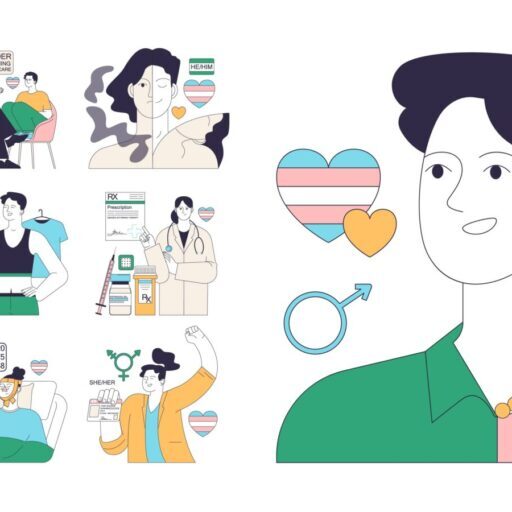Your First Therapy Session: What to Expect

Thinking about Individual Therapy? Here’s what to expect in a first therapy session.
Are you thinking about individual therapy? Maybe you’ve considered it for years but never contacted anyone . Maybe after years of pushing the thought away, you are now ready to consider therapy. Or maybe you’ve just curious about what benefits therapy may have for you. Whatever the reason it’s on your mind, here is a quick guide on what to expect during a first individual therapy session.
Seeking help can be difficult and scary, and representations of therapy in news and media can portray therapy as daunting and judgmental.
But you should remember one thing as you get started—this time is for you! This is your opportunity to work on yourself, to embrace yourself, and to reflect on who you are as a person!
Individual therapy is a place for you to share what you already know about yourself.
A clinician’s job during a first individual therapy session is to learn. They will ask about what brings you to therapy, about your current life, and learn about your history. You can expect to answer a wide variety of questions! Some of these may seem personal or irrelevant. But by asking questions your clinician is learning how best to help you. They want to know what brought you into their office. If you are wrestling with a problem, they want to find what is contributing to it and, more importantly, what isn’t. This process helps the clinician narrow down the effective treatment methods and techniques to try. Sharing what you already know about yourself helps to give your therapist a rich tapestry of information and context to better help you and your unique qualities and circumstances!
Essentially, a therapist is looking for clues—the stated and unstated reasons—about what is getting in the way of you living your best life. Sometimes the obstacles are obvious! But clinicians also try to find out if an obstacle is tied to more subtle mental processes and behavior. By learning about your unique, individual, and specific experience a therapist gets a better snapshot of who you are, what you value, and why. For example, experiences growing up in Chicago will inevitably vary from living in a small town. Experiences growing up in a large family will vary from growing up in a small family.
A first individual therapy session serves the purpose of your therapist getting to know you—and you getting to know them. By sharing your life experiences, your therapist will be better equipped to share their insights and knowledge in a manner that reflects your experience.Sharing is also important for effective and accurate treatment. You may be asked to talk about things you are not proud of and that can be hard! You may have received judgment in the past when you tried to share those experiences. But therapy is a place free of judgment. The first session of therapy is the beginning of a healing process.
Sharing personal experiences and information with someone you just met can leave you feeling vulnerable. Remember that you don’t have to share anything that feels too personal! It is okay to say, “I’m not comfortable sharing that now.” Therapy is a process. Nothing will be solved in one day. It is okay to hold onto something for yourself, even in therapy.
Individual therapy is a place to identify personal strengths as well as develop ways to cope.
Symptoms of mental illness and diagnoses have historically been met with stigma and shame. Stigma can play a big role in not wanting to seek out individual therapy—the desire to not be “labeled” or judged. But clinicians use diagnoses to identify the symptoms or barriers keeping you being your best self. They are not meant to define you, only to provide a blueprint for the general treatment of related symptoms. By matching this blueprint to your own individual life experience, clinicians seek to help you feel better. It can be difficult to face the things you don’t like about yourself, but accepting and confronting those barriers makes it possible to work with them, rather than against them.
A common misconception of individual therapy is that it focuses on the negative. Therapy can be fun and relaxing. Therapy can be a place for difficult self-examination and symptom management. Therapy is designed to foster a unique environment that best serves you and your current therapeutic needs! Sessions can also serve to celebrate success, to talk about the positive things in your life, and to reflect on what you’re already doing right! Sometimes you don’t realize how many strengths you have until you say them out loud and acknowledge them. By doing this you can find yourself feeling more capable of resilience, more capable of accomplishment, and more capable of growth.
Whether you live in Lakeview, or the Chicagoland area, Tandem Psychology may be the place for you to begin your journey into individual therapy!
This blog is made for information and educational purposes only. It is not medical advice. The information in this blog is not intended to (1) replace a one-on-one relationship with a qualified licensed health care provider, (2) create or establish a provider-patient relationship, or (3) create a duty for us to follow up with you.



